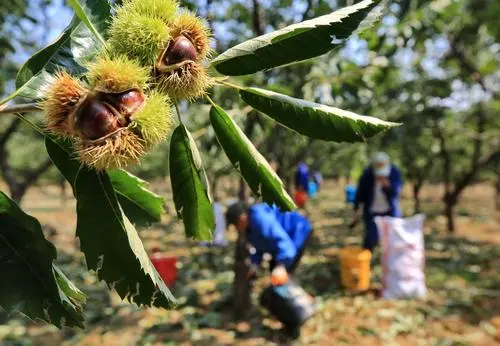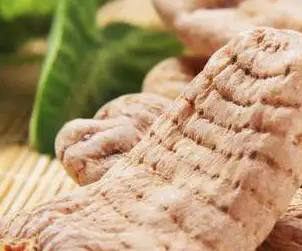茶叶是国际违禁品吗英文(违禁物品英语怎么读)
- 茶叶
- 2024-11-30 10:09:17
- 90

Introduction
Tea is one of the most widely consumed beverages in the world, with a history that dates back thousands of years. It is made by brewing the dried leaves of the Camellia sinensis plant in hot water. Despite its popularity, there has been controversy surrounding the legality of tea as an international commodity. In this article, we will explore whether or not tea is considered a prohibited item under international law.
International Drug Laws
Substances that are considered illegal under international law are typically classified as narcotics or drugs. The United Nations Commission on Narcotic Drugs (CND) is responsible for establishing and enforcing international drug laws. The CND maintains a list of drugs that are considered to have the potential for abuse and are therefore prohibited.
Tea is not considered a drug or a narcotic under international law. Therefore, it is not included on the CND's list of prohibited substances.
Customs Regulations
While tea may not be considered a prohibited substance under international law, individual countries may have their own customs regulations and restrictions on importing and exporting tea. For example, some countries may require special permits or certifications for the importation of tea, or may have restrictions on the quantity of tea that can be imported or exported.
It is important to research the customs regulations of the countries involved in the trade of tea in order to ensure compliance with their requirements.
Counterfeit Tea
Counterfeit goods are a major issue in the global market, and tea is no exception. Counterfeit tea can be dangerous to consumers, as it may contain harmful substances or be of low quality. In addition, counterfeit tea can harm legitimate tea producers who have worked hard to establish their brand and reputation.
To combat the problem of counterfeit tea, many countries have implemented laws that regulate the labeling and packaging of tea. For example, the United States has regulations that require tea to be labeled with the country of origin and the name and address of the manufacturer or distributor. These regulations help to ensure that consumers are receiving authentic, safe tea products.
Conclusion
In summary, tea is not considered a prohibited substance under international law. However, individual countries may have their own customs regulations and restrictions on importing and exporting tea. Additionally, the problem of counterfeit tea is a concern in the global market, and laws have been implemented to regulate the labeling and packaging of tea to ensure authenticity and safety for consumers.
- 91人参与,0条评论






发表评论